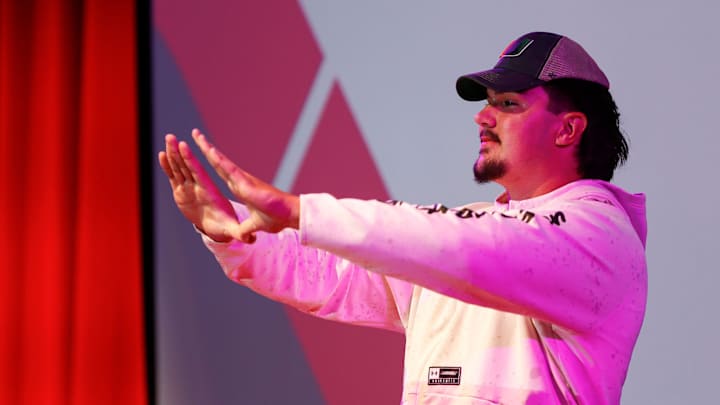What follows is a sampling of reporting about the House Settlement, an attempt to answer key questions about what it means for college sports and athletes. A more complete picture will emerge in the coming months, but here are some basics.
"U.S. District Judge Claudia Wilken gave final approval of the landmark settlement after five years of litigation. "
"The $2.8 billion, 10-year settlement will pay past players for missed name, image and likeness opportunities and allow colleges to pay current players directly starting July 1."
Schools will have to look for more revenue sources to offset the payments to current players and the cost of the settlement.
"NC State is considering selling corporate naming rights to Carter-Finley Stadium. The school will hold a Chris Brown concert at the stadium during the football season. NC State rolled out a new pricing plan for football season tickets, parking and donations last year."
North Carolina athletic director Bubba Cunningham said to Murphy, “Do you go to hard liquor? Do you do more signs? Do you do more naming rights? Are we going to get to jersey patches?"
" Can we create digital content or any other kind of content that we can monetize and sell to fans? There’s things that we haven’t done in the past; it’s just we didn’t feel like we needed to do."
While large, the settlement is fair, and it will require both the NCAA and member schools to make cuts in order to pay the back damages to past athletes, 2016-2024.
"Instead of facing $20 billion in back damages, the NCAA and Power Five conferences signed off on a 10-year settlement agreement that includes $2.776 billion in back damages. The NCAA is responsible for paying the amount over the next decade – $277 million annually."
The new College Sports Commission will oversee enforcement of the rules.
"Managing the NIL Go system, an electronic system that athletes will be required to use to report the details of their NIL deals with entities other than their schools."
"Figuring out how to determine the legitimacy of those deals, and how to deal with appeals by athletes, who — under the settlement — can seek arbitration if they want to challenge a determination that a deal is not legitimate relative to having a “valid business purpose” and being within “a reasonable range of compensation.”
Brian Seeley, a former Major League Baseball executive and U.S. Attorney, will run the commission.
The settlement creates new roster and scholarship limits for NCAA sports.
"The NCAA and power leagues agreed to revise settlement language to permit schools to grandfather-in athletes on existing teams or those who have been cut this year, as well as recruits who enrolled on the promise of a roster spot."
Eddie Pells, Associated Press:
"Schools are being asked to sign a contract saying they will abide by the rules of this new structure, even if it means going against laws passed in their individual states."
